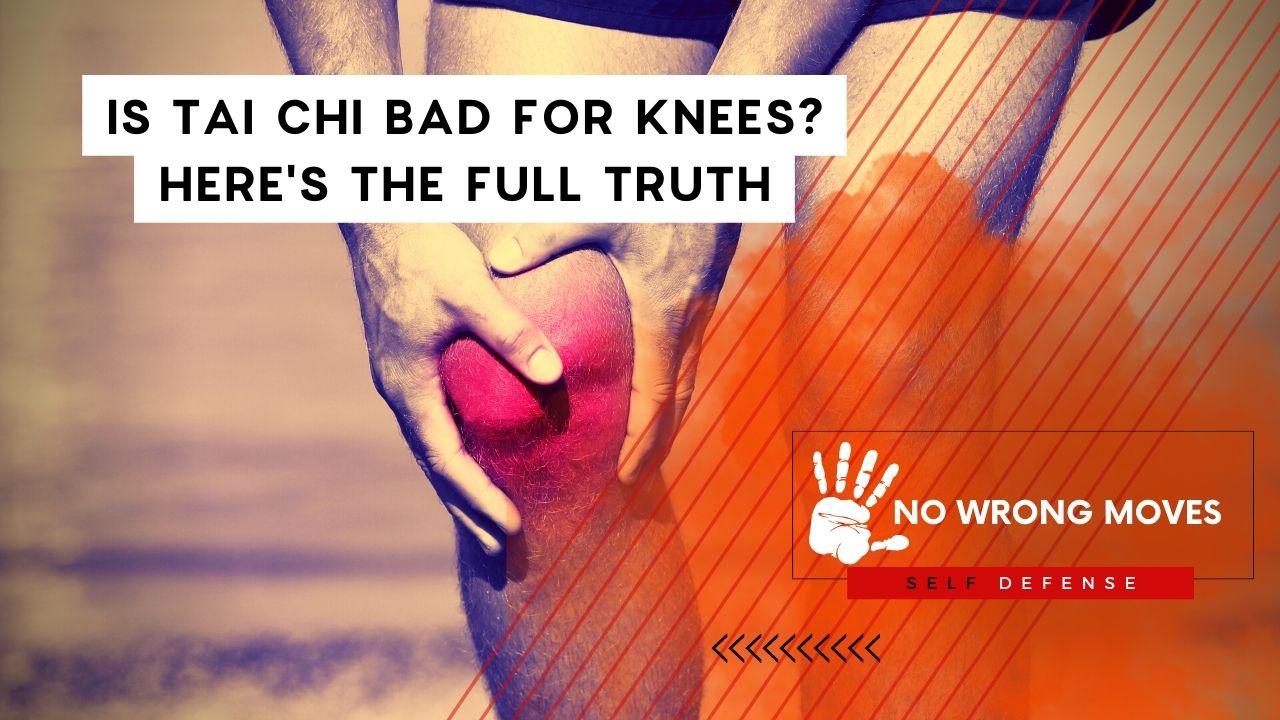
- So Is Tai Chi Bad For Knees? A look into its effects
- Pros and Cons of Tai Chi on Knees
- The Surprising Health Benefits of Tai Chi
- How to Do Tai Chi Without Hurting Your Knees
- What to Look Out For When Practicing Tai Chi
- Simple Solutions to Avoid Knee Damage When Doing Tai Chi
- Could Tai Chi Be the Best Exercise for Knee Health?
Are you looking to start learning a martial art, but concerned about the impact it might have on your knees?
Tai Chi is a popular choice for those who want to learn a gentle and low-impact form of self-defense. However, with many styles of martial arts placing emphasis on kicking and jumping, it can be hard to know whether they're safe for your joints.
In this post, we'll be answering the question, is tai chi bad for knees? We'll discuss the benefits and risks of practicing it, and then we'll provide tips for minimizing any potential knee pain.
We’ll go over the traditional forms of the practice, as well as some modern adaptations, so you can make an informed decision about which style is best for you.
So regardless of what it is you're looking to gain from tai chi, we'll equip you to master this powerful form of self-defense safely and effectively!
So Is Tai Chi Bad For Knees? A look into its effects
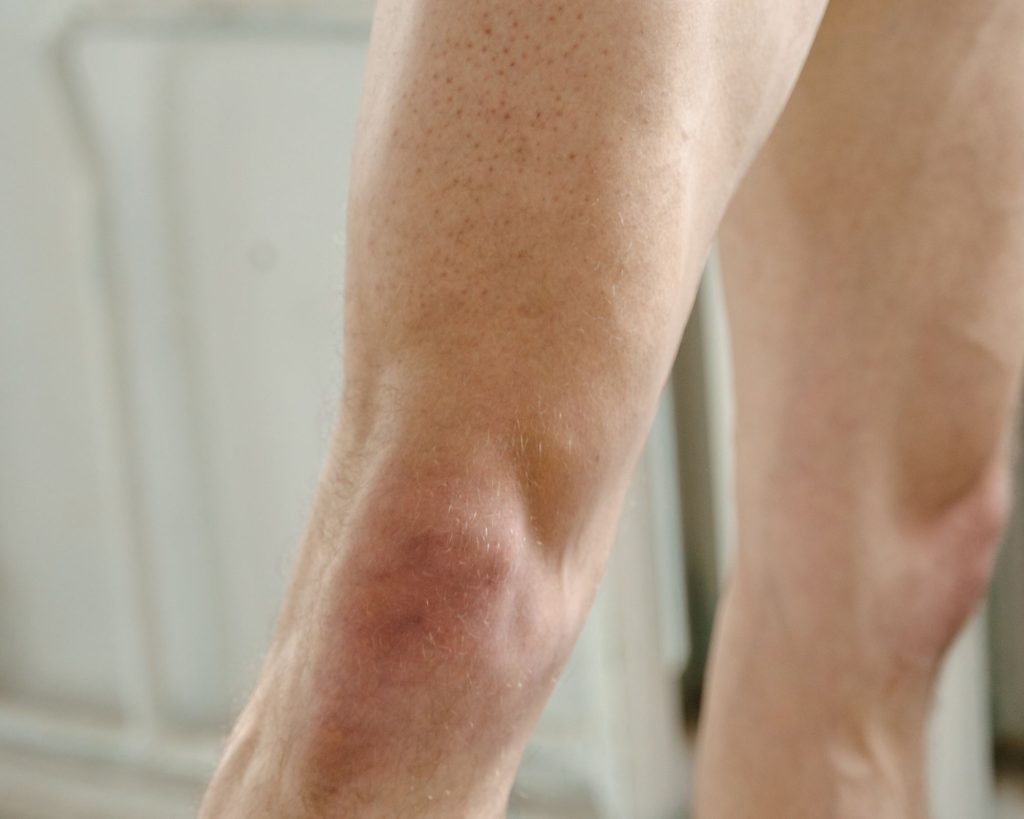
The answer to this question is not as straightforward as it may seem. There is no definitive answer as to whether or not tai chi is bad for knees, as the effects of tai chi on the knees can differ from person to person.
Generally speaking though, tai chi is a low-impact exercise that is not particularly strenuous on the knees, but there are some possible risks associated.
The truth is that tai chi can be beneficial for your knees if it is performed correctly and with the right precautions. However, there are some possible risks associated with tai chi and knee health, so i's well worth it to understand the pros and cons before actually doing it.
Pros and Cons of Tai Chi on Knees
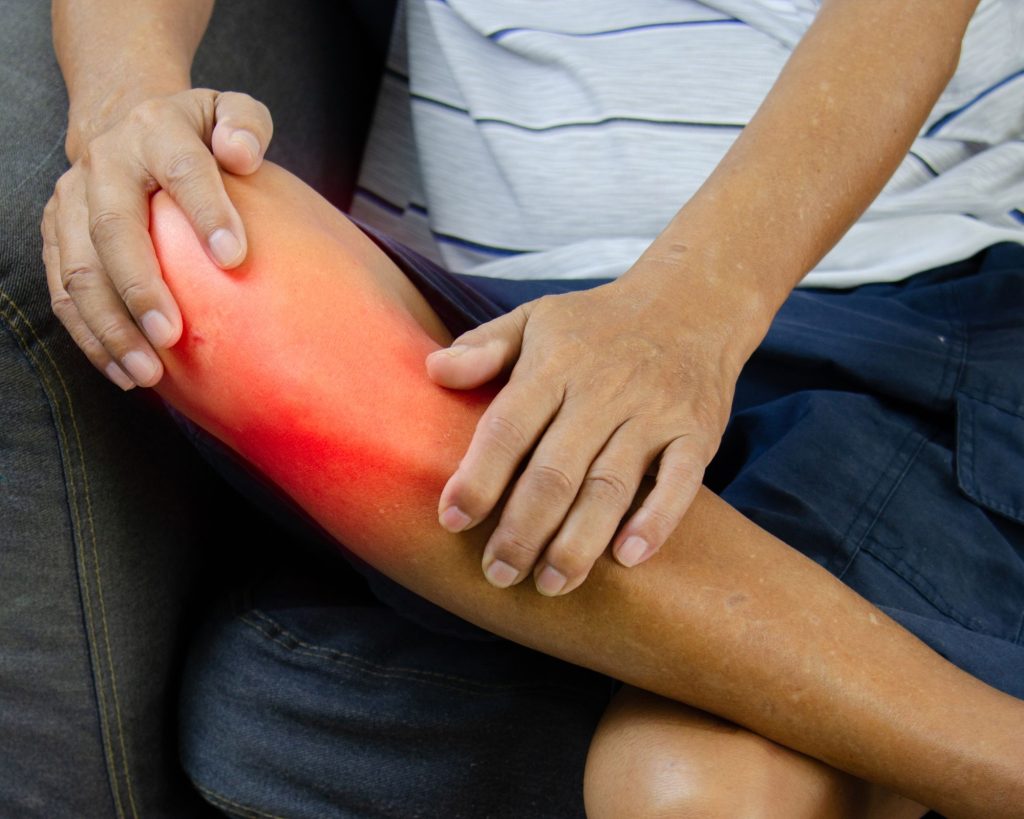
Tai chi can be a great way to increase flexibility, balance, coordination and muscle strength in the legs and knees. It involves slow, gentle movements which can help to reduce the strain on the knees by providing an even amount of force throughout the entire range of motion.
This slow and gentle nature means the risk of injury in tai chi is relatively low. Still, you shouldn't neglect safety precautions. They can really reduce the risk of injury and reduce the amount of pain felt by the knees during exercise.
Which brings us to our other point: returning the question of, is tai chi be bad for the knees, it can be, if done incorrectly.
Certain tai chi poses can put additional strain on the knees and can sometimes lead to overuse injuries such as patellofemoral pain syndrome, which is characterized by pain in the front of the knee.
So always be sure to be extra careful when performing tai chi maneuvers! Your knees are unlikely to get injured in general, sure, but it's better to be as safe about things as we possibly can.
The Surprising Health Benefits of Tai Chi

In addition to its potential benefits for knee health, tai chi has also been linked to a wide range of other health benefits, both physical and mental.
Studies have shown that tai chi can help to reduce stress, improve mental clarity, and boost overall well-being. It can even help to reduce the risk of falls, increase bone density, and help with arthritis and osteoporosis, making it an excellent form of exercise for seniors.
The slow, gentle movements of tai chi can also help to improve balance, coordination and posture. This can be especially helpful for those with knee pain or arthritis, as it can help to reduce the strain on the knees during daily activities.
How to Do Tai Chi Without Hurting Your Knees
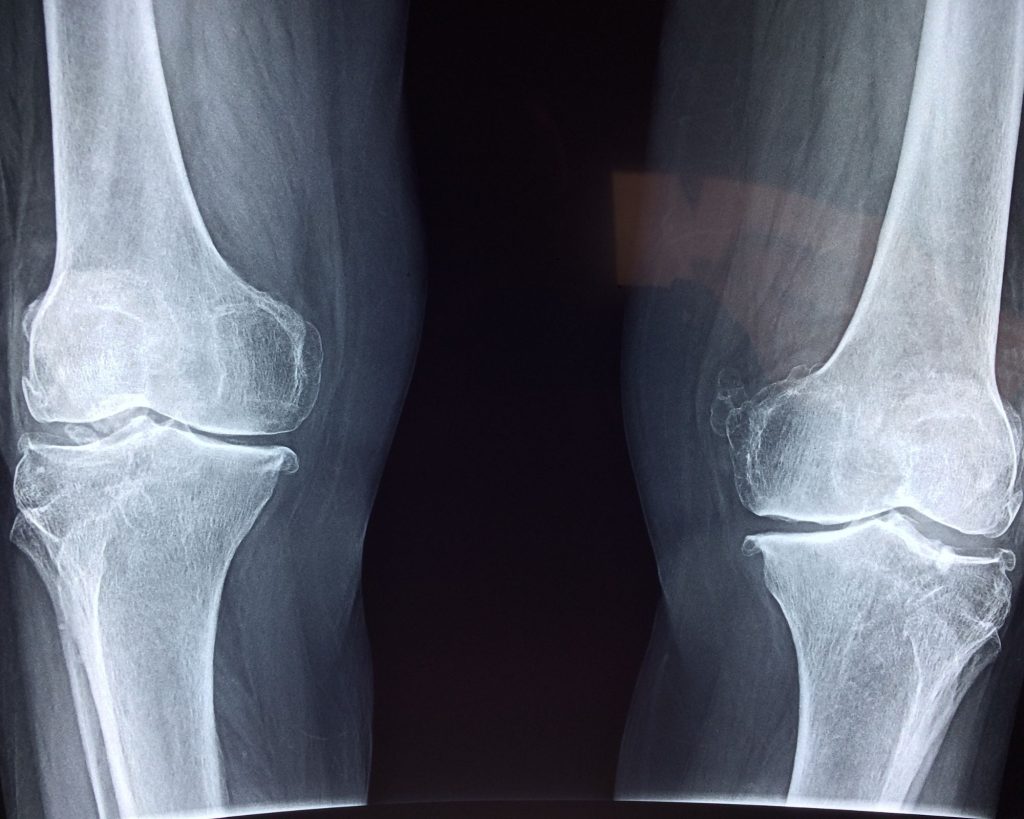
When it comes to tai chi, proper form is key in order to maximize the health benefits while minimizing the risk of injury. Always make sure to warm up before beginning tai chi, and to maintain a slow and controlled movement throughout the entire routine.
It is also important to pay attention to alignment and posture. Make sure to keep your knees bent slightly and close to the ground when performing tai chi poses.
This will help to reduce the amount of stress on the knees. Additionally, try to avoid overstretching and take frequent breaks whenever you feel pain or discomfort.
What to Look Out For When Practicing Tai Chi
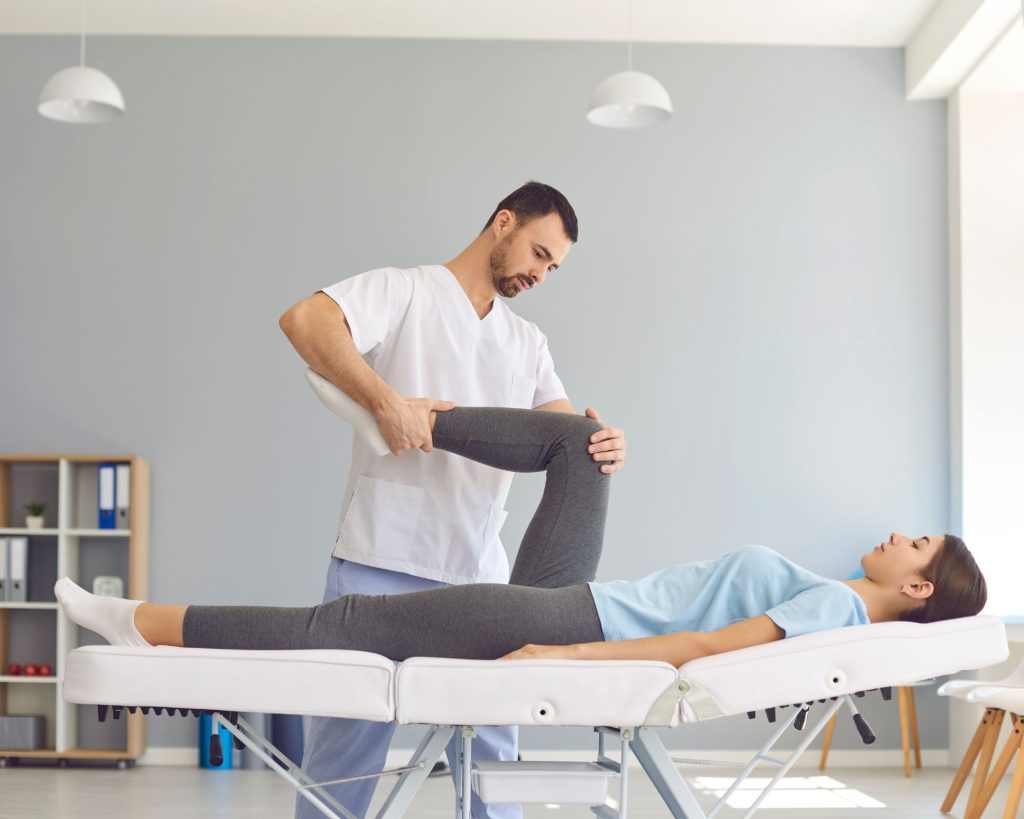
When performing tai chi, try to watch out for any signs of knee pain or discomfort. Even if something feels “normal,” that doesn't mean everything's okay. You should still be aware of how your body is feeling and to adjust your posture or movements as needed.
You should also be aware of any underlying medical conditions that could increase the risk of injury when performing tai chi. This includes conditions such as osteoporosis, arthritis, or any other condition that affects the knees or joints.
If you have any concerns, it is always a good idea to consult with your doctor before beginning a tai chi routine.
Simple Solutions to Avoid Knee Damage When Doing Tai Chi
In order to reduce the risk of injury when practicing tai chi, it is important to pay attention to your form and to use proper alignment. Make sure to keep your knees bent slightly and close to the ground when performing tai chi poses.
Also avoid overstretching and take frequent breaks whenever you feel pain or discomfort.
It can also be helpful to use a chair or wall for added support. This can help to reduce the amount of strain on the knees and can make it easier to maintain proper form. Consider wearing a knee brace or compression sleeve for additional knee support.
Could Tai Chi Be the Best Exercise for Knee Health?

Overall, tai chi can be an excellent form of exercise for those looking to improve their knee health. When done correctly and with the proper precautions, tai chi can help to reduce pain, increase flexibility and improve balance and coordination.
However, safety can't always be guaranteed. Be sure to consult with your doctor before beginning a tai chi routine and to pay attention to any signs of knee pain or discomfort.
With the right guidance and precautions, tai chi can be an effective and enjoyable form of exercise that can help to keep the knees healthy and strong.
Curious what else tai chi may be good for? Consider learning about how it can be used for meditation here!
[author-box-jpx-fitness]
